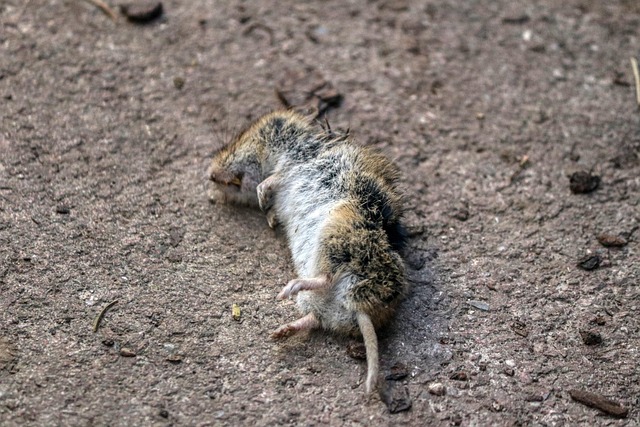Commercial pest exterminators offer tailored solutions for businesses dealing with infestations from roaches, ants, termites, rodents, bed bugs, and mosquitoes. Their services include inspections, preventative measures, and targeted treatments using eco-friendly products. Regular maintenance visits throughout the year ensure a safe, pest-free workspace. Early identification through signs like odors or damage is crucial, followed by prompt action from experienced professionals. Modern techniques like IPM use advanced technology and non-toxic chemicals for minimal environmental impact. When choosing an exterminator, prioritize legitimacy, eco-friendly solutions, and experience in your business type. Strict legal regulations govern pest control practices to protect workers and the public. Effective preventative measures, combined with regular inspections, minimize pest populations and reduce reliance on frequent services.
“In every bustling business, from retail stores to office buildings, maintaining a pest-free environment is paramount for hygiene and productivity. This is where commercial exterminators step in, offering specialized services tailored to address the unique challenges of large-scale spaces. This article delves into the world of commercial extermination, exploring its benefits, common pests, modern techniques, and essential considerations for businesses seeking to safeguard their environments. Discover how professional pest management can transform your commercial space.”
Understanding Commercial Exterminator Services
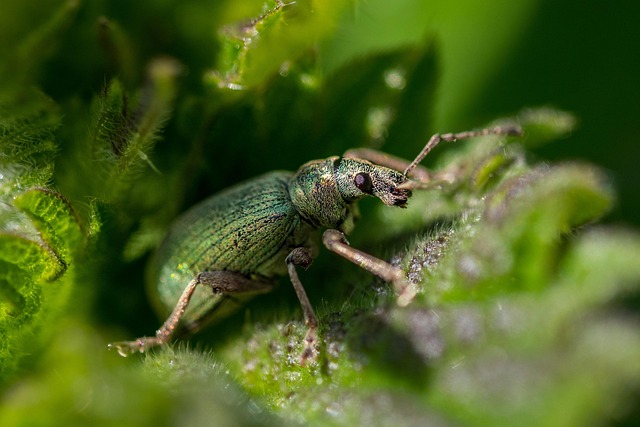
Commercial exterminator services are designed to meet the unique needs of businesses, providing effective solutions for pest control in commercial spaces. These professionals specialize in addressing a wide range of pests that may infest offices, warehouses, restaurants, and other commercial settings. Unlike residential services, commercial work often involves more extensive treatments due to larger areas and potential health risks associated with pest presence in high-traffic environments.
A reputable commercial exterminator will offer tailored plans, combining inspections, preventative measures, and targeted treatments to eliminate existing pests and prevent future infestations. They utilize advanced equipment and eco-friendly products to ensure safety for employees and customers while effectively managing bed bugs, rodents, insects, and other common commercial pests. Regular maintenance is key in commercial settings, with scheduled visits ensuring a year-round pest-free environment.
Common Pests That Require Professional Extermination
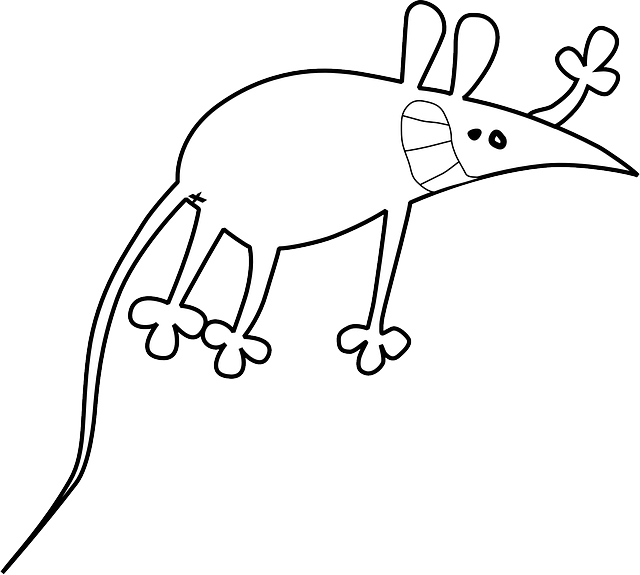
Many common pests can significantly impact homes and businesses, causing damage to structures, spreading diseases, and disrupting daily life. This is when a professional pest exterminator becomes essential. They possess the expertise and tools to handle infestations effectively and safely.
Some of the most prevalent pests that require professional extermination include roaches, ants, termites, mice, rats, bed bugs, and mosquitoes. For instance, roaches are resilient and can quickly multiply, making them hard to control without proper methods. Similarly, termites can cause extensive structural damage over time, as they feed on wood and other plant materials. A reputable pest exterminator will employ tailored solutions for each pest, ensuring complete eradication and preventing future infestations.
The Importance of Regular Pest Control for Businesses
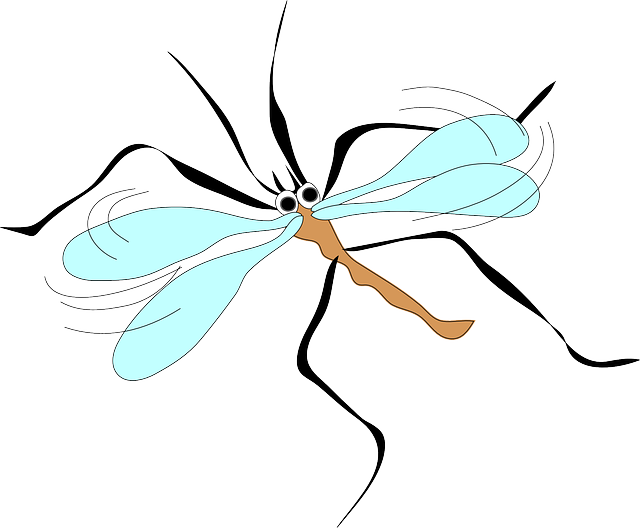
Regular pest control is an essential aspect of maintaining a healthy and productive business environment. Pests, such as rodents, insects, or termites, can quickly infest commercial spaces, causing damage to property, disrupting operations, and posing potential health risks to employees and customers alike. An experienced pest exterminator plays a vital role in identifying these issues early on and implementing effective solutions. By conducting routine inspections and treating potential entry points, they can prevent pests from establishing colonies within buildings.
Moreover, regular treatments not only protect the physical structure but also contribute to a positive customer experience. No one wants to frequent or do business in an environment that feels unclean or unsafe due to pest presence. A professional exterminator service ensures that your business maintains high hygiene standards, fostering trust and loyalty among clients and partners. With seasonal variations affecting pest behavior, it’s crucial to have year-round protection, ensuring a consistent and safe working space for all.
Identifying Signs of Infestation in Commercial Spaces
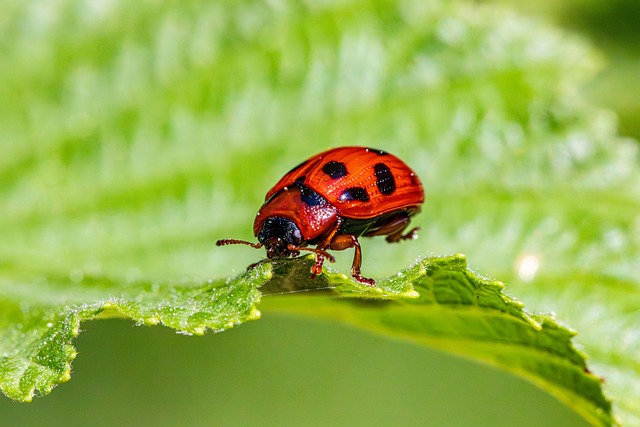
In commercial spaces, identifying signs of infestation early is crucial for maintaining a healthy and productive environment. A pest exterminator recommends keeping an eye out for subtle indications such as odd smells, visible pests, or damaged goods. Regular inspections can help business owners stay ahead of potential issues, ensuring a safe space for employees and customers alike.
Common signs may include small holes in fabric or packaging, unusual noises in walls or ceilings, or the presence of pest droppings. If left unchecked, infestations can quickly escalate, causing significant damage to property and disrupting daily operations. Prompt action by a professional pest exterminator is essential to mitigate these risks and restore peace of mind for commercial space occupants.
Modern Extermination Techniques and Their Benefits

Modern extermination techniques have revolutionized the way pest control is approached, offering numerous benefits for both businesses and consumers. These innovative methods go beyond traditional practices, employing advanced technology and eco-friendly solutions to address pest infestations effectively. For instance, integrated pest management (IPM) strategies focus on preventing and reducing pest problems through a combination of tactics like habitat manipulation, biological controls, improved sanitation, and the use of least toxic pesticides when necessary.
One notable advantage is the increased precision and targeting ability, ensuring that treatments are applied directly to affected areas, minimizing environmental impact. Additionally, modern techniques prioritize safety by utilizing non-toxic or low-toxic chemicals, making them ideal for commercial spaces where food is handled or stored. These methods also promote sustainability by reducing overall pesticide use and fostering healthier ecosystems both inside and outside treated premises.
Choosing the Right Commercial Exterminator: Key Considerations

When choosing a commercial exterminator, it’s crucial to consider several key factors. Firstly, verify their licensing and insurance to ensure they’re legitimate and able to handle any potential risks that come with pest control chemicals. Reputable exterminators will carry both general liability insurance and worker’s compensation to protect your business and their employees.
Secondly, research their methods and products. Look for an exterminator that uses eco-friendly solutions whenever possible, especially in commercial settings. Green pest control methods not only minimize environmental impact but also ensure a safer workplace for your employees. Additionally, consider their experience and specialization; some exterminators cater to specific types of businesses or pests, so choose one that aligns with your needs, whether it’s food service, retail, or office spaces.
Legal and Safety Aspects of Commercial Pest Management
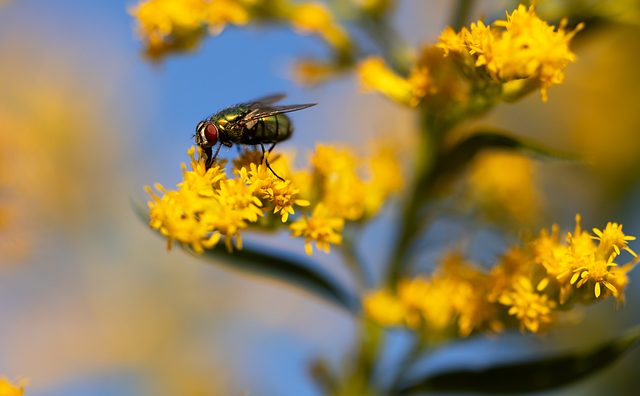
In the realm of commercial pest management, adhering to legal and safety aspects is paramount for any reputable pest exterminator. Local, state, and federal regulations govern the use and application of pesticides, requiring trained professionals to obtain specific licenses and certifications to ensure safe handling and application methods. These guidelines are in place to protect both workers and the general public from potential health risks associated with chemical pesticides.
Pest control companies must follow strict protocols to maintain compliance, including proper storage, disposal, and application techniques. This involves using eco-friendly and non-toxic solutions whenever possible, as well as implementing integrated pest management (IPM) strategies that promote sustainable practices. Regular inspections and maintenance plans are crucial to prevent infestations, ensuring a safe and healthy environment for businesses and their patrons alike.
Case Studies: Successful Exterminator Projects in Various Industries
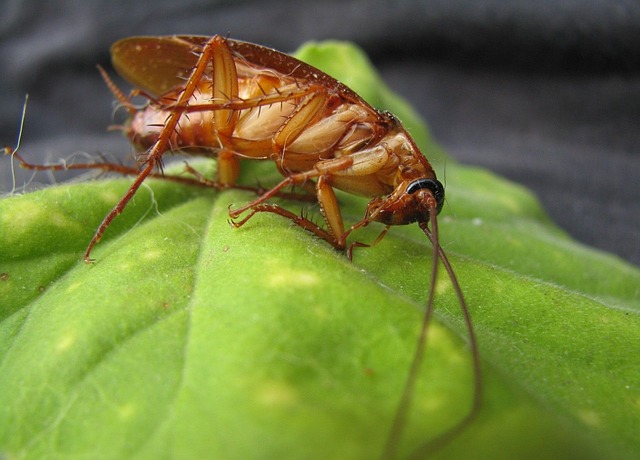
Successful projects by commercial exterminators demonstrate their versatility and expertise in various industries facing unique pest challenges. For instance, in food processing facilities, exterminators implement strategies to eliminate infestations of insects like ants and cockroaches, ensuring a safe and hygienic environment for producing edible goods. Their methods include detailed inspections, targeted treatments, and recommendations for improving facility sanitation to prevent future infestations.
Another notable case involves office buildings, where commercial exterminators tackle common pests such as mice, rats, and spiders. These professionals employ non-toxic, environmentally friendly solutions while adhering to health and safety regulations. By combining regular inspections with tailored treatment plans, they effectively reduce pest populations, maintaining a comfortable and productive work environment for occupants.
Preventive Measures to Minimize Future Pest Intrusions

Preventative measures are key in maintaining a pest-free environment, and many commercial exterminators offer expert advice on this front. Regular inspections are crucial; these identify potential entry points for pests and allow for early intervention. Sealing gaps around windows, doors, and pipes, as well as ensuring proper ventilation, significantly reduces the risk of infestations.
Using a combination of physical barriers like screens and traps, along with regular sanitation practices, can deter pests. Professional exterminators may also recommend specific plants or natural repellents known to ward off common intruders. By implementing these measures, businesses can minimize the need for frequent pest control services, saving time, money, and ensuring a healthier working environment.
